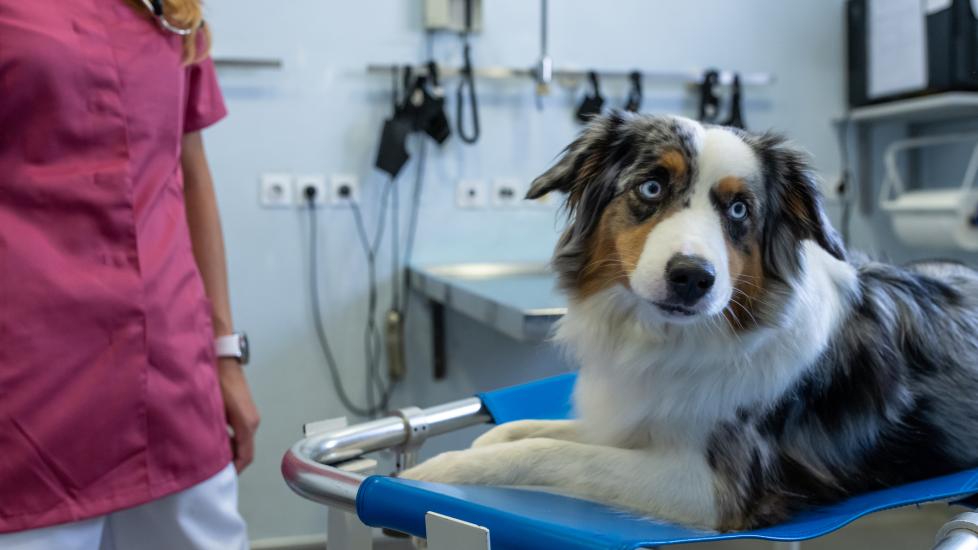Title: Understanding Immune-Mediated Polyarthritis and How to Support Your Dog’s Health
Introduction:
Imagine your beloved dog, once full of energy and joy, now struggling with pain and discomfort. The cause? A complex condition known as immune-mediated polyarthritis (IMPA). This autoimmune disorder affects not only the joints but also can impact a pet’s overall health if left untreated or managed improperly. In this article, we delve into understanding IMPA, its symptoms, diagnosis, treatment options, and most importantly, how you can support your furry friend during their journey towards recovery.
What is Immune-Mediated Polyarthritis (IMPA)?
At its core, IMPA occurs when the body’s own immune system mistakenly attacks healthy cells and tissues within the joint, leading to inflammation and potentially severe damage over time. It is one form of arthritis that can affect dogs of any age, breed, or sex. While the exact causes are still being studied by veterinary researchers, it is believed that genetics may play a role, along with environmental factors such as infections, vaccinations, or certain drugs.
Symptoms of IMPA:
Recognizing signs early on can help ensure prompt intervention for your pup. Common indications include:
1. Joint Pain – Limping, reluctance to exercise, stiffness after rest periods.
2. Swelling – Enlarged joints, especially around the paws, knees, shoulders, and elbows.
3. Warmth – Overheating of affected areas due to increased blood flow from inflammation.
4. Lethargy – Reduced activity level and interest in favorite toys or activities.
5. Loss of Appetite – Decreased hunger, which can lead to weight loss without intentional dieting.
6. Fever – Uncharacteristic warmness or an elevated temperature outside normal range.
7. Generalized Weakness – Overall weakness affecting multiple limbs or the entire body.
Diagnosis and Treatment:
A combination of physical examination, medical history review, and diagnostic tests like x-rays, blood work, and sometimes joint fluid analysis will be necessary to confirm the presence of IMPA. Once diagnosed, treatment typically involves a combination of medications aimed at suppressing the immune response while managing pain levels effectively. Corticosteroids, immunosuppressive agents, non-steroidal anti-inflammatory drugs (NSAIDs), and other supportive therapies might be prescribed under close veterinary supervision.
Your Role as a Pet Parent:
As a dedicated pet owner, there are several ways you can contribute to your dog’s well-being:
1. Regular Monitoring: Keep a close eye out for changes in behavior or mobility that could signal worsening conditions.
2. Dietary Adjustments: Work closely with your veterinarian to ensure your dog receives a balanced diet that supports optimal health and reduces inflammatory responses.
3. Physical Therapy: Under guidance from a professional, incorporate gentle exercises and stretching routines tailored to your dog’s abilities to maintain muscle strength and flexibility.
4. Environmental Modifications: Provide comfortable bedding and access to ramps or steps where needed to reduce stress on affected joints.
5. Emotional Support: Be present and offer reassurance throughout treatments; consider using calming techniques such as music therapy or massage to alleviate anxiety.
Conclusion:
By recognizing the signs, seeking timely veterinary care, and providing consistent support through dietary adjustments, physical therapy, and emotional comfort measures, pet parents can make a significant difference in their dog’s quality of life despite living with IMPA. Remember that every case is unique, so regular check-ups and adjusting treatment plans based on feedback from both you and your vet are crucial components of successful management strategies. Together with proper care, many dogs suffering from IMPA can enjoy long lives filled with waggy tails and happy memories alongside their loving owners.
